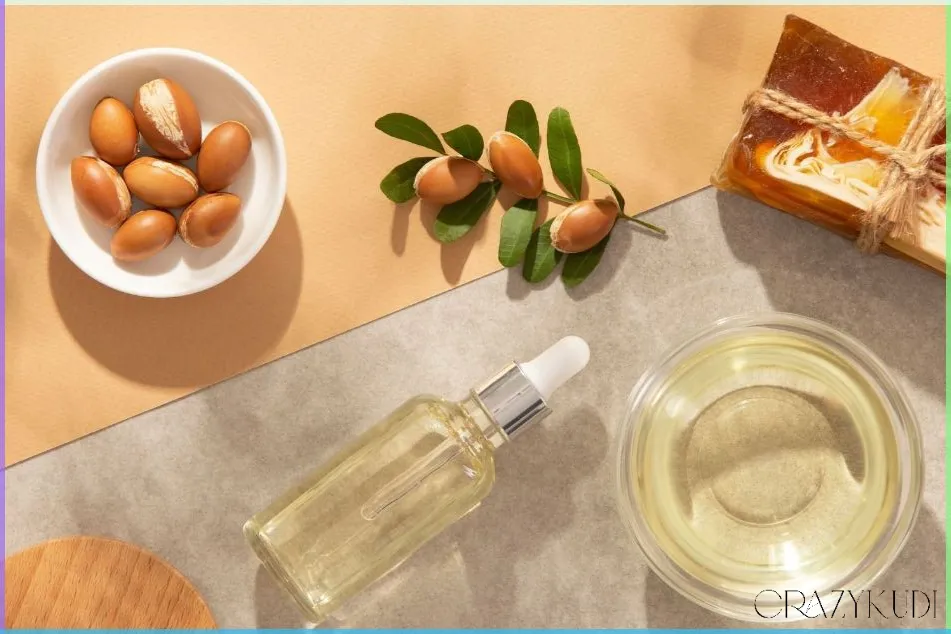When it comes to treating acne, acids are among the most effective ingredients. However, for those with sensitive skin, choosing the right acid can feel like walking a tightrope—one wrong product and you’re left with stinging, redness, or worse, a flare-up.
As a dermatologist, I often get asked, “Can I use acids if I have both acne and sensitive skin?” The answer is yes—with the right acid and concentration. The key is selecting acids that exfoliate, decongest pores, and soothe inflammation without compromising your skin barrier.
Let’s break down the top 5 acids that are gentle yet effective for acne-prone sensitive skin.
1. Mandelic Acid – The Gentle Exfoliator
Derived from bitter almonds, mandelic acid is an AHA (alpha hydroxy acid) with a large molecular structure, which means it penetrates the skin more slowly—making it ideal for sensitive skin types.
🧪 Benefits:
- Gently exfoliates without irritation
- Fights acne-causing bacteria
- Brightens hyperpigmentation and evens skin tone
📌 Use it if: You have inflammatory acne or post-acne marks, and your skin reacts to stronger AHAs like glycolic acid.
2. Azelaic Acid – The Multitasker
Azelaic acid is a naturally occurring dicarboxylic acid found in grains like barley and wheat. It has anti-inflammatory, antibacterial, and skin-brightening properties.
🧪 Benefits:
- Reduces redness and inflammation
- Kills acne-causing bacteria
- Fades acne scars and pigmentation
- Safe for rosacea-prone skin
📌 Use it if: You experience red, irritated acne, pigmentation, or rosacea. It’s safe even for long-term use and during pregnancy.
Also read: 5 Dermatologist-Approved Tips to Prevent Post-Workout Acne
3. Salicylic Acid (Low Concentration) – The Pore Purifier
A BHA (beta hydroxy acid), salicylic acid is oil-soluble, allowing it to penetrate deep into pores, clear blockages, and reduce oiliness. But for sensitive skin, concentration matters.
🧪 Benefits:
- Unclogs pores and reduces blackheads
- Gently exfoliates dead skin cells
- Helps regulate oil production
📌 Use it if: You struggle with clogged pores, blackheads, or oily T-zones. Stick to 0.5–1% concentration to avoid over-drying.
4. Lactic Acid – The Hydrating AHA
Lactic acid is a mild alpha hydroxy acid derived from milk. It not only exfoliates but also draws moisture into the skin, making it perfect for sensitive skin with dry or flaky patches.
🧪 Benefits:
- Smooths skin texture
- Boosts hydration
- Improves skin tone and radiance
📌 Use it if: You have mild acne and rough, dehydrated skin. It's a great starter acid for sensitive beginners.

5. Polyhydroxy Acids (PHAs) – The Ultra-Gentle Option
PHAs like gluconolactone and lactobionic acid are the gentlest acids available. They work similarly to AHAs but with larger molecules, causing minimal irritation.
🧪 Benefits:
- Mild exfoliation without disrupting skin barrier
- Suitable for extremely sensitive or eczema-prone skin
- Enhances skin hydration and reduces flakiness
📌 Use it if: You’ve had bad reactions to AHAs/BHAs in the past, or have ultrasensitive skin that needs a slow, steady exfoliation.
Also read: 9 Key Benefits of Using Moisturizers: Why Your Skin Needs Them
How to Safely Incorporate Acids into Sensitive Skin Routines
Even with gentle acids, how you use them matters just as much as what you use.
🔸 Start slow – 2–3 times a week, then increase if tolerated.
🔸 Patch test new acids on a small area before full-face application.
🔸 Never mix multiple exfoliating acids or actives like retinoids and vitamin C in the same routine.
🔸 Always follow with moisturizer to restore hydration.
🔸 Use SPF every single morning—acids can increase sun sensitivity.
Final Thoughts
Acids don’t have to be off-limits for acne-prone sensitive skin. With the right choice and careful usage, they can help clear breakouts, smooth skin texture, and reduce inflammation—without compromising your skin’s health.
If you're unsure where to begin, azelaic acid or PHAs are excellent entry points. As your skin builds tolerance, you can slowly introduce others like mandelic or lactic acid.

